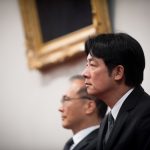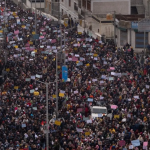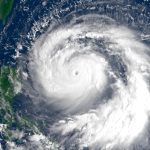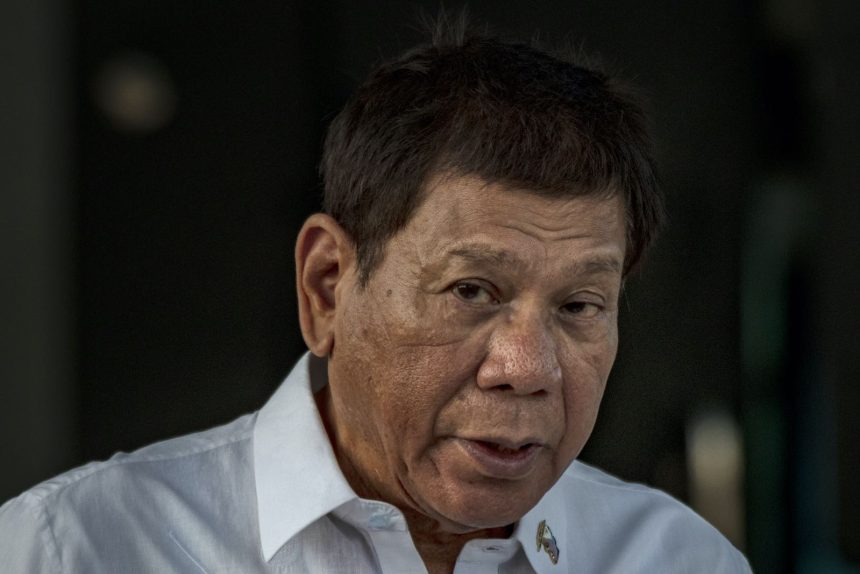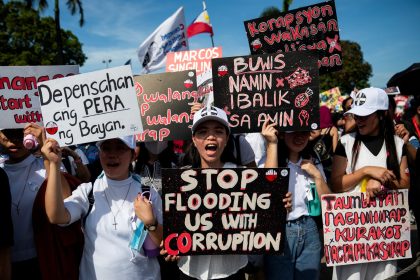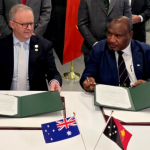What the ICC Alleges
The International Criminal Court (ICC) has filed formal charges against former Philippine President Rodrigo Duterte, accusing him of crimes against humanity related to his brutal anti-drug campaign. The public charge sheet, dated 4 July 2025, names three counts of murder for a total of 76 deaths, spanning his time as mayor of Davao City and during the early years of his presidency.
The ICC claims Duterte acted as an “indirect co-perpetrator,” meaning he allegedly authorized or facilitated the killings rather than carrying them out personally. Among the incidents cited:
- 19 killings alleged during his tenure as mayor (2013–2016) in Davao City
- 14 more killings during 2016–2017, early in his presidency
- 43 killings linked to “barangay clearance operations” between 2016 and 2018
Prosecutors assert that Duterte’s anti-drug policies created a permissive environment for extrajudicial violence and may have institutionalized or incentivized such acts.
Legal Background & Jurisdiction Questioned
These charges stem from an ICC investigation into crimes committed between November 2011 and March 2019, a period when the Philippines was still a member of the Rome Statute.
Duterte’s critics and human rights groups have long pushed for accountability, especially given the high death toll (estimates often range in the thousands) tied to his so-called “war on drugs.”
The Philippines officially withdrew from the ICC in 2019. Even so, the court maintains jurisdiction over acts allegedly committed while the Philippines was still a signatory.
Duterte’s legal team has disputed ICC jurisdiction and raised challenges regarding due process. They’ve also requested assessments of his mental fitness to stand trial.
Recent Developments & Duterte’s Status
- On 11 March 2025, Duterte was arrested in Manila pursuant to the ICC arrest warrant and transferred to the Netherlands.
- He made his first court appearance on 14 March via videolink, during which the court confirmed the charges would proceed to a formal confirmation hearing.
- A confirmation of charges hearing was scheduled for 23 September 2025, but was postponed to allow evaluation of objections from the defense regarding Duterte’s health and fitness.
Reaction from the Philippines & International Opinion
In the Philippines, reactions have been sharply divided. Some celebrate the ICC’s move as a landmark moment for justice and accountability; others, especially Duterte’s defenders, decry it as politicised or unconstitutional.
President Ferdinand Marcos Jr. has defended the arrest and cooperation with ICC processes, even though his administration has stated it does not intend to rejoin the court.
Human rights groups worldwide have backed the ICC’s actions, framing the case as a precedent for global accountability in cases of mass killings and state-endorsed violence.

